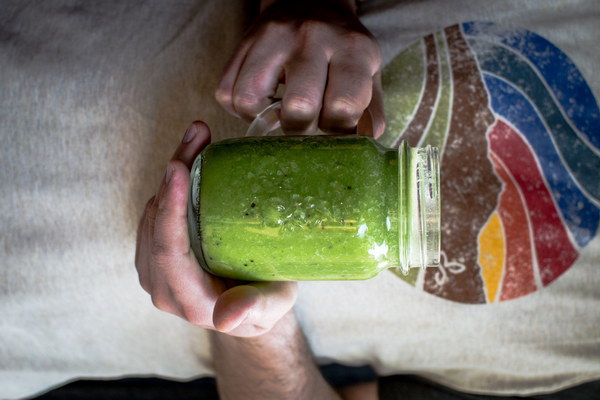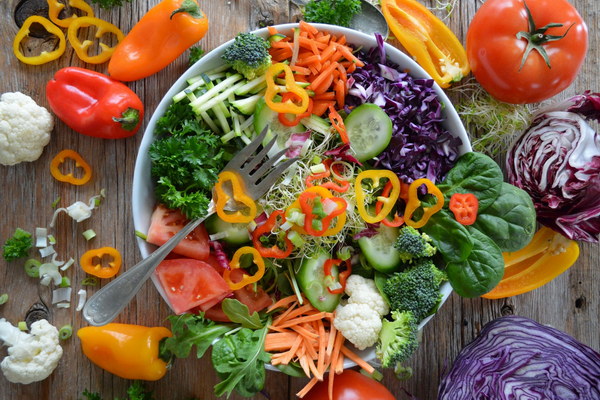Effective Medications and Remedies for Excess Stomach Acid to Nourish Your Stomach
Gastroesophageal reflux disease (GERD), commonly known as acid reflux, is a condition where stomach acid flows back into the esophagus, causing discomfort and sometimes pain. Excess stomach acid can be quite irritating to the digestive system, leading to symptoms like heartburn, nausea, and indigestion. While diet and lifestyle changes are crucial in managing this condition, certain medications and remedies can help soothe your stomach and alleviate symptoms. Here, we will explore some of the most effective medications and remedies for excess stomach acid to nourish your stomach.
1. Antacids
Antacids are over-the-counter medications that work by neutralizing stomach acid. They provide quick relief from symptoms like heartburn and indigestion. Some common antacids include:
- Tums
- Rolaids
- Maalox
It's essential to follow the dosage instructions on the label and consult your healthcare provider if symptoms persist or worsen.
2. H2 Receptor Antagonists
H2 receptor antagonists, also known as H2 blockers, are medications that reduce the production of stomach acid. They are available both over-the-counter and by prescription. Some common H2 blockers include:
- Zantac
- Pepcid
- Tagamet
H2 blockers are effective in managing symptoms of excess stomach acid, especially when taken before meals. They are usually recommended for short-term use, and long-term use may require a prescription.
3. Proton Pump Inhibitors (PPIs)
Proton pump inhibitors (PPIs) are the most potent acid-reducing medications and are prescribed for severe cases of excess stomach acid. PPIs block the enzyme responsible for producing stomach acid, thereby reducing its production. Some common PPIs include:

- Prilosec
- Prevacid
- Nexium
PPIs are typically prescribed for long-term use and may require a prescription. They are highly effective in managing acid reflux and healing esophageal damage caused by excess stomach acid.
4. Probiotics
Probiotics are beneficial bacteria that can help maintain a healthy balance in your gut. They may help alleviate symptoms of excess stomach acid by promoting good gut health. Some probiotic-rich foods and supplements include:
- Yogurt with live cultures
- Kefir
- Sauerkraut
- Kimchi
- Probiotic supplements (e.g., Lactobacillus, Bifidobacterium)
5. Dietary Changes
Adjusting your diet can significantly reduce the symptoms of excess stomach acid. Some tips to consider include:
- Avoiding trigger foods, such as spicy, fatty, and acidic foods
- Eating smaller, more frequent meals
- Not eating within two hours of bedtime
- Chewing food thoroughly to aid digestion
6. Lifestyle Modifications
Adopting a healthy lifestyle can also help manage excess stomach acid. Here are some lifestyle modifications to consider:
- Maintaining a healthy weight
- Quitting smoking
- Limiting alcohol consumption
- Reducing stress through exercise, meditation, or other relaxation techniques
In conclusion, managing excess stomach acid involves a combination of medication, dietary changes, and lifestyle modifications. While medications like antacids, H2 receptor antagonists, and proton pump inhibitors can provide immediate relief, it's essential to address the root causes of excess stomach acid to prevent recurrence. Always consult your healthcare provider before starting any new medication or making significant lifestyle changes.









